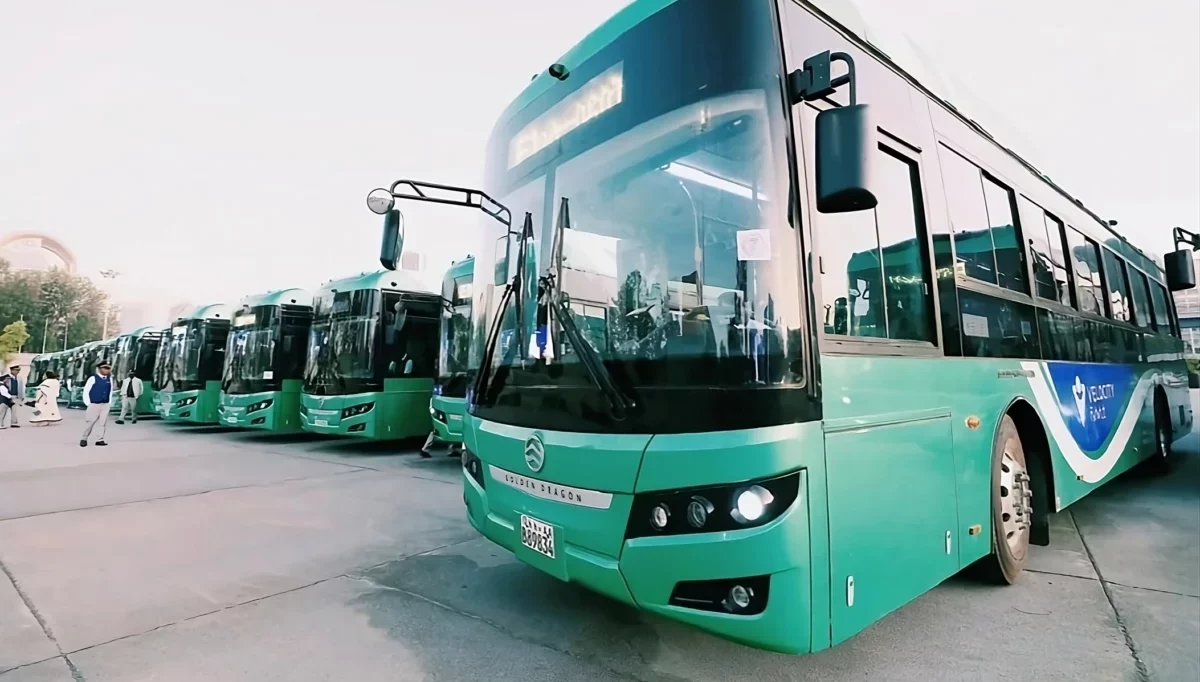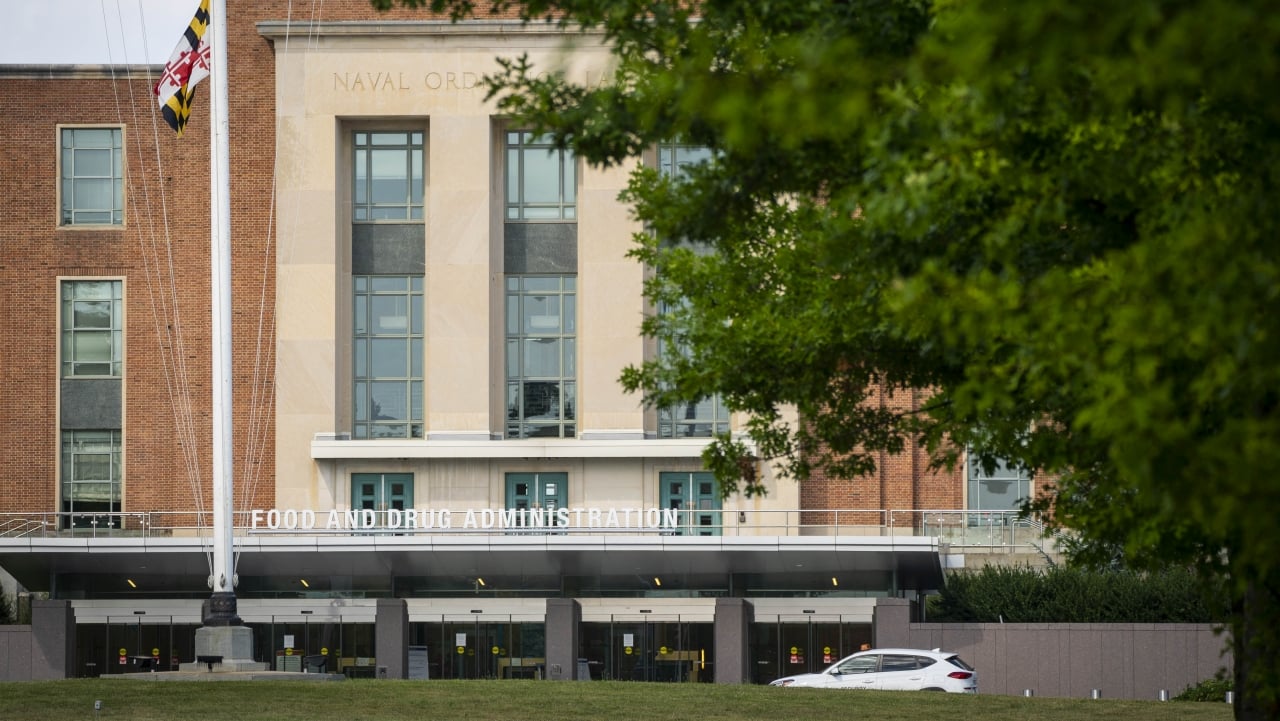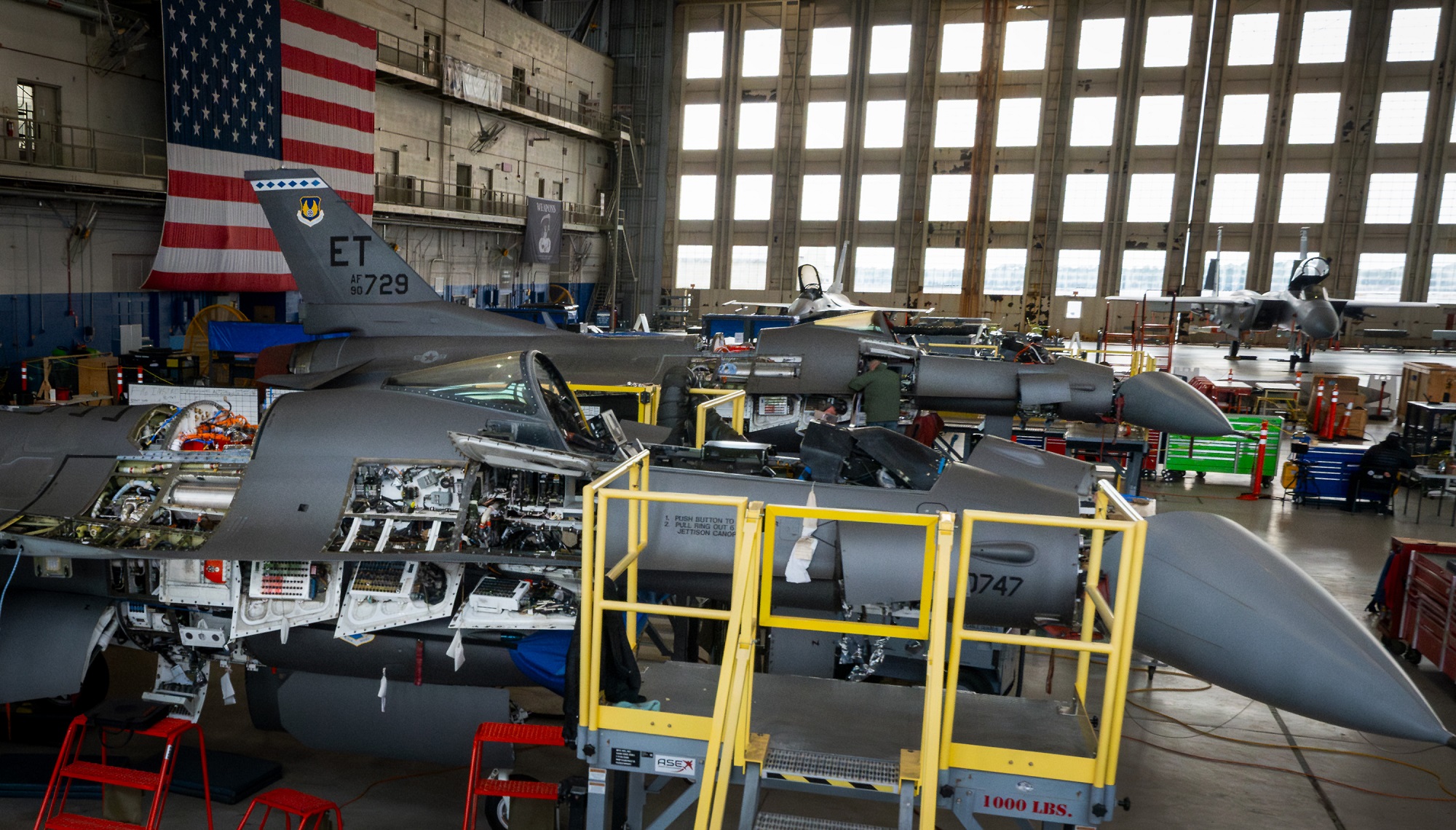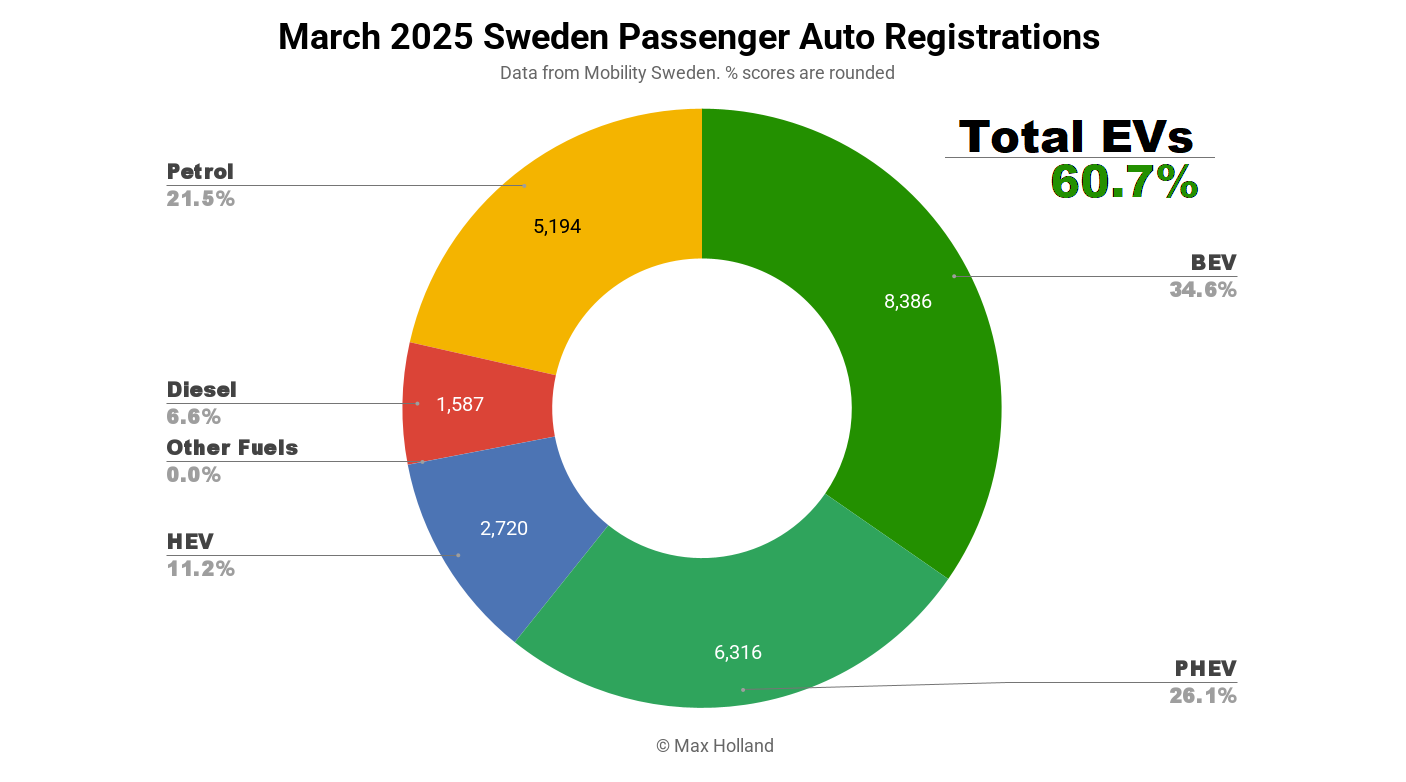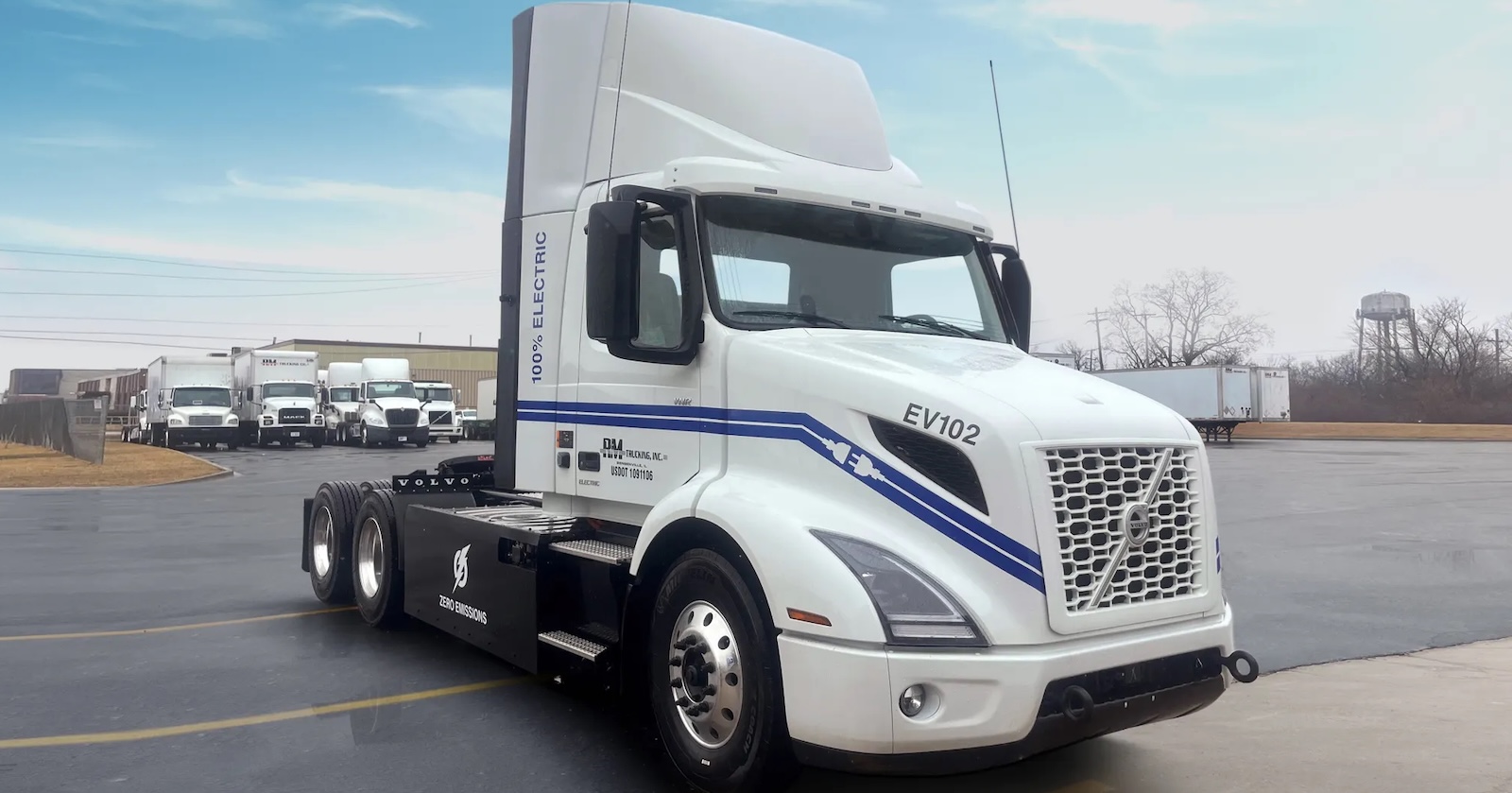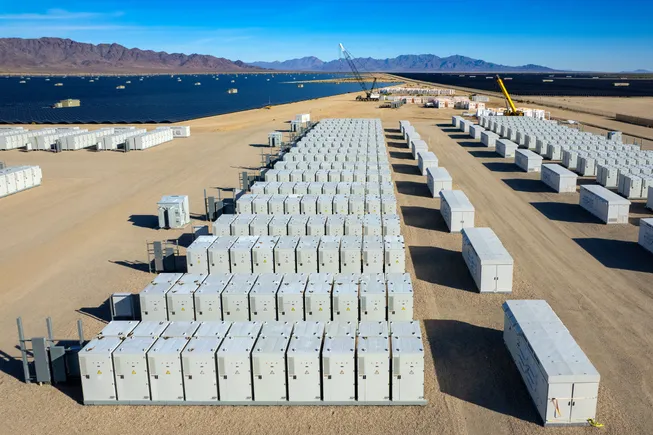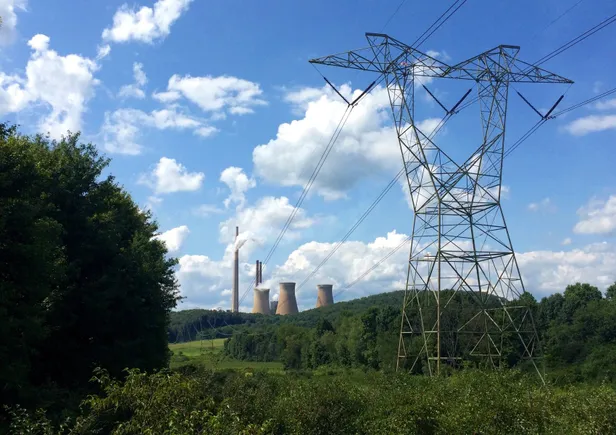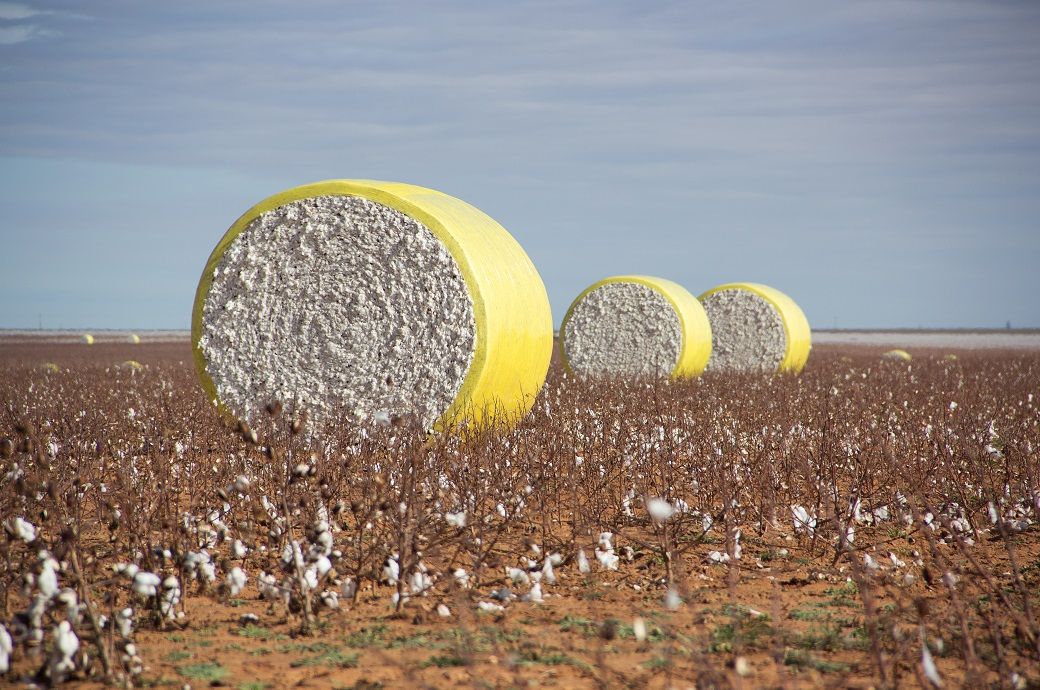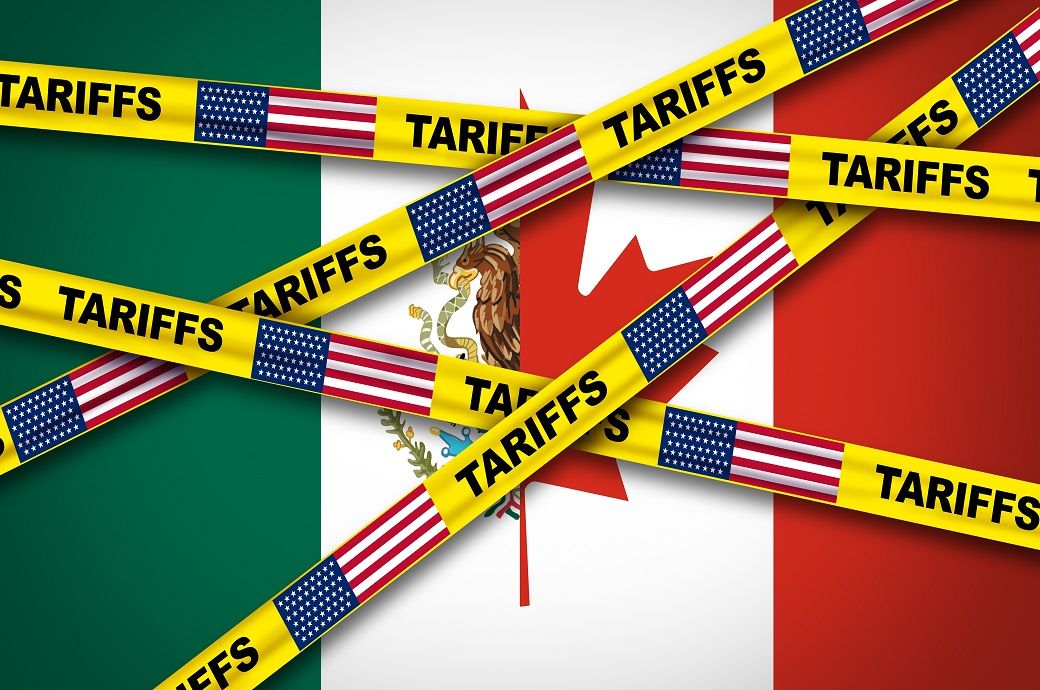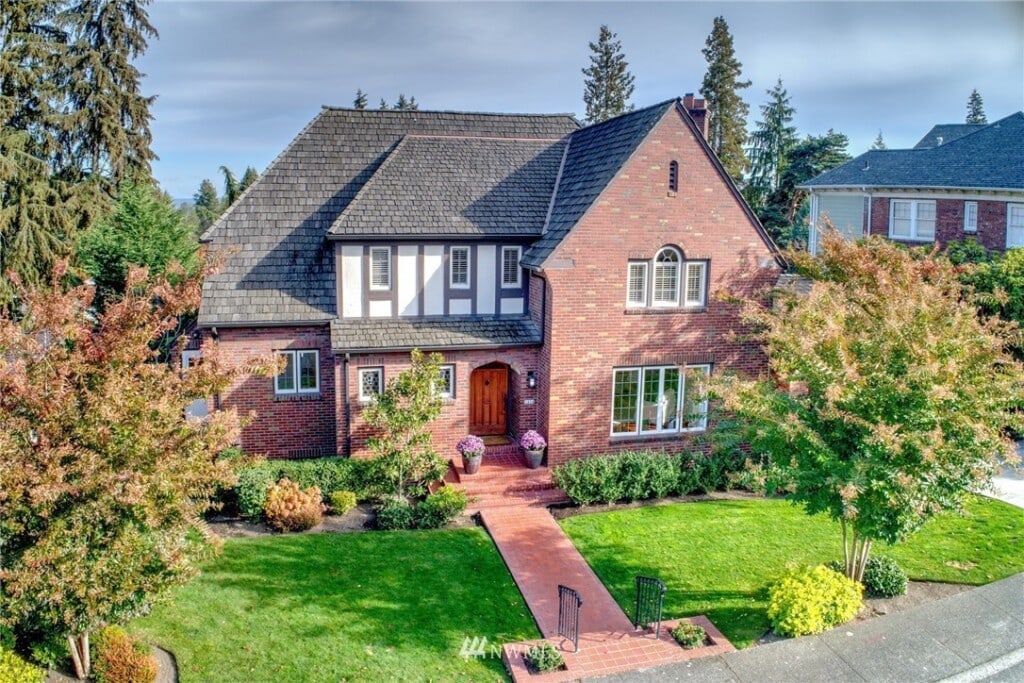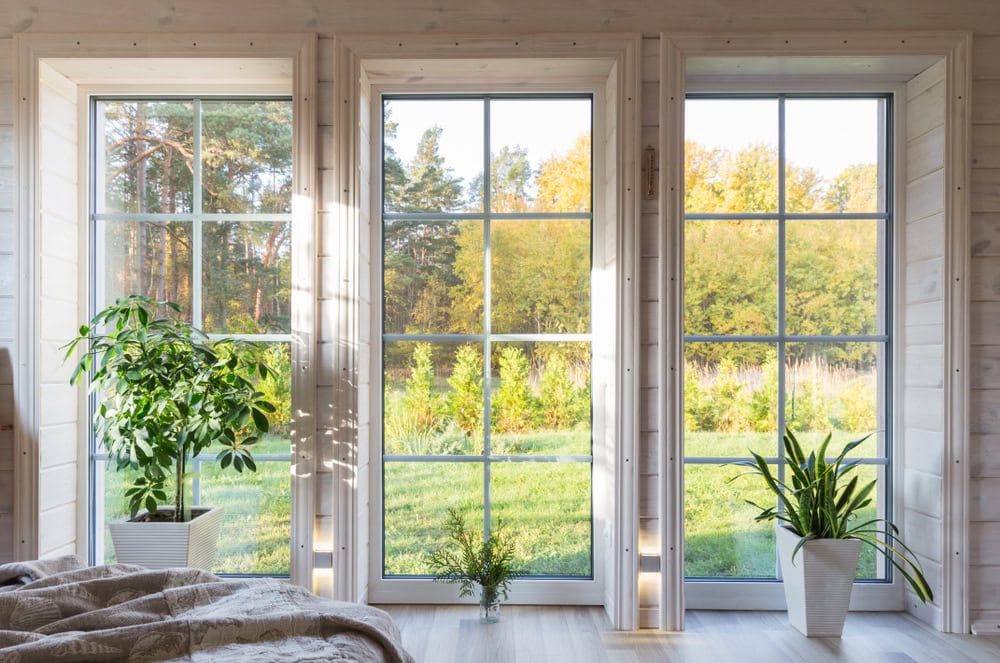10 Pros and Cons of Living in Texas
Thinking of moving to the second largest state? Here are the pros and cons of living in Texas to give you some insight on what to expect. The post 10 Pros and Cons of Living in Texas appeared first on Redfin | Real Estate Tips for Home Buying, Selling & More.
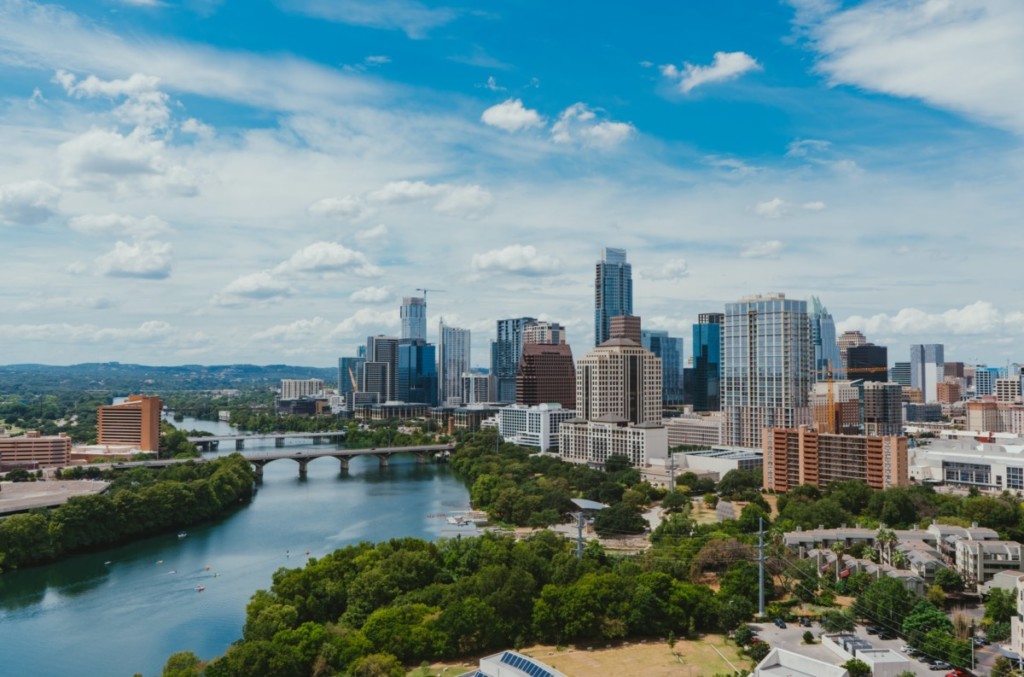

Texas, also known as the “Lone Star State,” is the second-largest U.S. state by area and population. With such a big state, you’ll find something to love about Texas – may that be the fantastic barbeque or the beautiful state parks; there is something for everyone. Whether you’re considering renting an apartment in San Antonio or living in Dallas, here are ten pros and cons of living in Texas. Read on to help you determine if Texas is a good place to live.
Interested in moving to Texas? Check out:
Homes for sale in Texas | Apartments for rent in Texas | Houses for rent in Texas
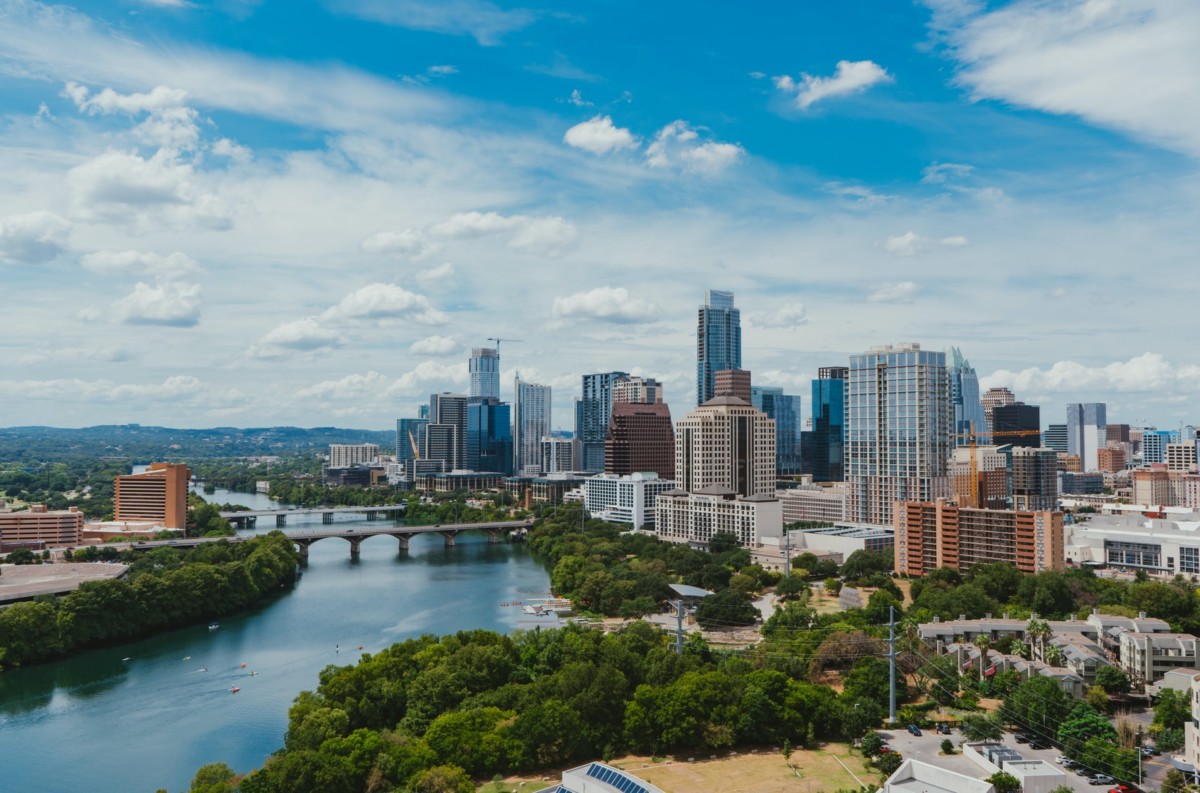
Quick Facts about Texas
| Population | 29,145,505 |
| Median home sale price | $337,800 |
| Average rent in Texas | $1,553 |
| Largest cities in Texas | Houston, San Antonio, Dallas |
3. Pro: Affordable cost of living
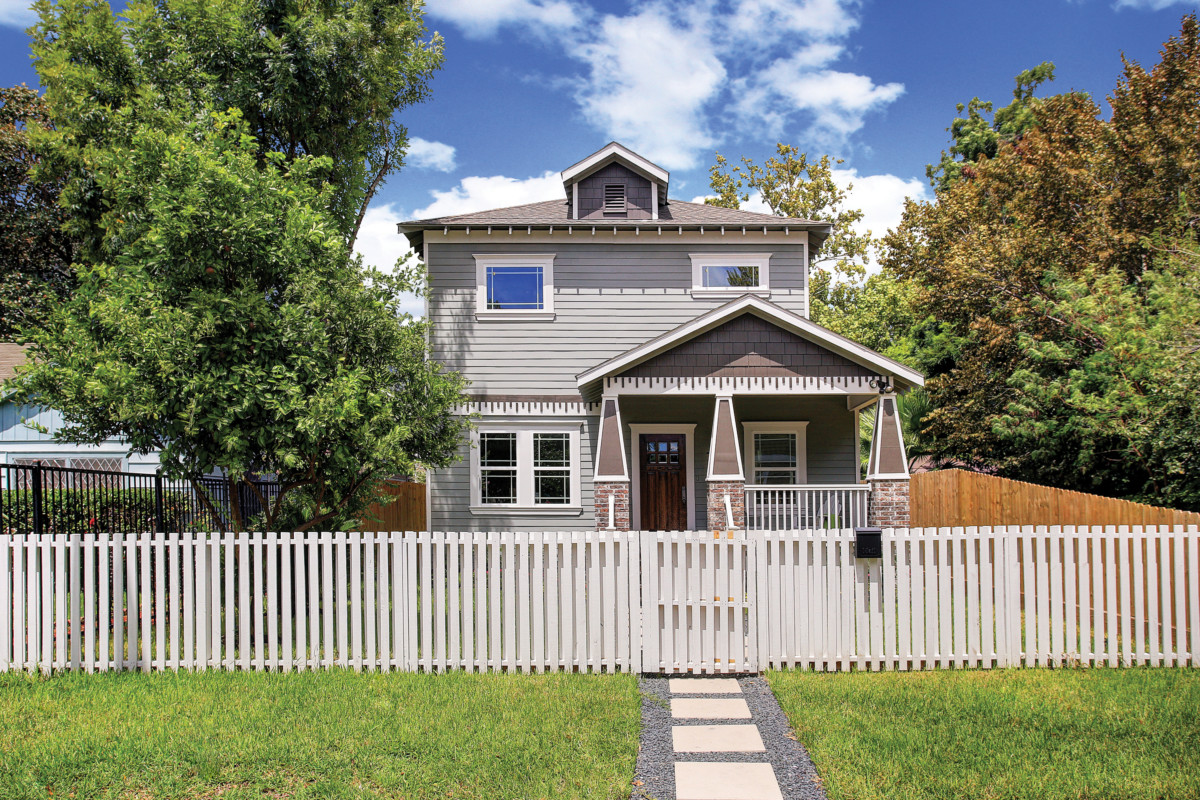
4. Con: You’ll need a car to get around
Due to the state’s size, getting to and from different parts of the state requires some sort of transportation – a car being the most common option for residents. Traveling to major cities within Texas can take three-to-five hours by car. So with a car, you can drive to the distant national parks, cities, and the coast on your own time.
5. Pro: Living in Texas means lots of sunshine
The weather is perfect for picnics, hiking, and biking. You can also go swimming or take a stroll along the beach. If you have kids, you can take them to the many state parks – like Cedar Hill State Park in North Texas and the many theme parks, zoos, and museums. You won’t have to wait until summer to play outside again because there’s always something to do.
6. Con: Property taxes are high
7. Pro: The job market is booming
Texas’ economy is booming, with major corporations relocating or expanding within the state, especially in cities like Austin, Dallas, and Houston. The tech industry is surging in Austin, attracting startups and established giants alike, while Houston remains a leader in energy and healthcare. Across the state, hospitals are expanding, driving demand for medical professionals. Whether you’re in technology, energy, healthcare, finance, or manufacturing, Texas offers a wide range of career opportunities. While the median household income in Texas ($66,963) falls slightly below the U.S. median household income ($69,243), the state’s lack of a state income tax and relatively low cost of living make it an attractive place for job seekers looking to maximize their earning potential.
Some major companies headquartered in Texas include:
- McKesson (Healthcare)
- ExxonMobil (Energy)
- AT&T (Telecommunications)
- Dell Technologies (Tech)

8. Con: When it comes to bugs, Texas has a lot of them
Texas’s conditions are almost perfect for encouraging bugs to breed with all that warm weather and the lush vegetation. Some of the more common insect problems Texans face include:
- Bees and Wasps
- Mosquitoes
- Ants
- Spiders
- Roaches
9. Pro: There are tons of educational opportunities for students
Texas is well-known for its wide range of public and private universities and colleges when it comes to education. There are many family-friendly cities with top-rated schools. The schools are highly rated, and they also have a variety of programs that students can choose from to further their education. Below are some of the top universities and colleges in the state:
- The University of Texas at Austin
- Texas A&M University
- Baylor University
- Rice University
If you have your heart set on attending college or university, you should consider Texas as a great destination.
10. Con: Exposure to hurricanes
One of the most important climate risks in Texas is hurricanes and other natural disasters. Texas is a major site for hurricanes, which can devastating damage to your property or even your life. Hurricanes leave thousands homeless and without electricity, so it’s best to prepare yourself beforehand. The best way to protect yourself from them is to get away before they hit land. You should also make sure that you prepare your house for a hurricane by having flood insurance and the proper supplies ready so that you can evacuate if necessary.
FAQs
Is Texas an affordable place to live?
Compared to many other states, Texas offers a lower cost of living, especially in housing. While cities like Austin and Dallas have seen rising home prices, smaller towns and suburbs remain budget-friendly. You can get a lot more bang for your buck in the surrounding suburbs – think massive, gorgeous homes for a similar monthly cost of 1-bed apartments in more expensive areas of the country. Plus, there’s no state income tax, which helps stretch your paycheck further.
Is Texas really as hot as people say?
Yes, Texas summers can be brutally hot, especially in cities like Houston, Dallas, and San Antonio, where temperatures often reach well into the 90s and 100s. The heat can be coupled with high humidity, making it feel even hotter. However, if you can handle the summer heat, the mild winters more than make up for it, and the weather is perfect for outdoor activities like hiking, swimming, and barbecuing most of the year.
What is the food scene like in Texas?
If you love food, Texas won’t disappoint. The state is famous for its BBQ (particularly brisket) and offers a range of flavors from spicy Tex-Mex to classic Southern comfort food. Cities like Austin and Dallas are home to a diverse restaurant scene, with everything from upscale dining to food trucks serving up local favorites. No matter where you are in Texas, you’ll find something to satisfy your taste buds.
What is it like living in a small town versus a big city in Texas?
Living in Texas offers two very different experiences depending on whether you’re in a big city or a small town. Big cities like Houston, Dallas, and Austin offer urban excitement, career opportunities, and cultural events, but they also come with traffic, higher living costs, and a faster-paced lifestyle. On the other hand, small towns like Fredericksburg or Marfa offer a slower pace of life, close-knit communities, and a deep sense of local pride, but with fewer job opportunities and amenities. Your ideal Texas experience depends largely on the lifestyle you prefer.
What are the downsides of living in Texas?
While Texas has many perks, it also has its challenges. The intense summer heat and humidity can be a lot to handle, and in some areas, traffic congestion can make daily commuting a hassle. Additionally, the state’s vast size can mean long travel distances between cities, and some rural areas may lack the services or amenities you’d find in more urbanized states. Public education and healthcare quality can also vary widely depending on the region, so it’s important to research the area you’re moving to.
Are Texans friendly?
Absolutely! Texans are known for their Southern hospitality. Whether you’re in a small town or a major city, people are generally warm, welcoming, and willing to lend a hand. That southern charm and “live and let live” attitude are central to the Texas vibe, making it an easy place to settle in and feel at home.
The post 10 Pros and Cons of Living in Texas appeared first on Redfin | Real Estate Tips for Home Buying, Selling & More.



























